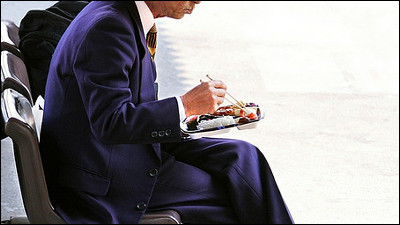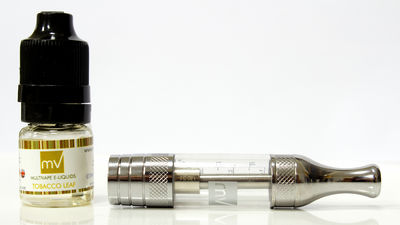What changes will happen to a cat's body if it becomes fat?

Cats may vomit due to hunger, so some people may have had the experience of leaving food on the table or feeding it frequently, and then realizing that their cat had become fat. A new research team from
Effects of overfeeding on the digestive efficiency, voluntary physical activity levels, and fecal characteristics and microbiota of adult cats | Journal of Animal Science | Oxford Academic
https://academic.oup.com/jas/article-abstract/doi/10.1093/jas/skad338/7285936

What happens when cats get fat? Scientists weigh in | College of Agricultural, Consumer and Environmental Sciences | UIUC
https://aces.illinois.edu/news/what-happens-when-cats-get-fat-scientists-weigh
Overfeeding Cats Produces Changes Inside Them We Never Knew About : ScienceAlert
https://www.sciencealert.com/overfeeding-cats-produces-changes-inside-them-we-never-knew-about
Owners pour deep love into their cats, but this can sometimes lead to overfeeding. 'About 60% of cats in the United States are overweight, which can lead to health problems such as diabetes and chronic inflammation,' said Kelly Swanson , professor of animal science at the University of Illinois at Urbana-Champaign. Although many studies have been conducted on weight loss in cats, there has been little focus on the important weight gain in cats. .
The study involved 11 neutered 'lean female cats' who were fed a standard amount of dry cat food for two weeks and their baseline health was measured. After that, the cats were given unlimited food for 18 weeks and allowed to eat as much as they wanted.
The research team collected fecal and blood samples at baseline measurements and at 6, 12, and 18 weeks after being fed unlimited food. They also reportedly looked at how the cat's physical activity changed via a monitor attached to its collar.

As a result of the experiment, when the cats were given unlimited food, they immediately increased their food intake significantly, and naturally began to gain weight.
Additionally, as weight and body fat increased, the cats' ability to digest nutrients decreased. 'When the body takes in less food, it becomes more efficient at extracting nutrients,' Swanson said. It will be less,” he explains.
The cats' intestinal flora also changed significantly between baseline measurements and 18 weeks after being given all-you-can-eat. In obese cats, the amount of Bifidobacterium , which has antibacterial activity, inhibits pathogens, and stimulates the immune system, was relatively increased, while the amount of Collinsella bacteria , which is associated with dietary fiber degradation and pro-inflammatory diseases, decreased. reported to have decreased. This result is the opposite of what was observed in obese humans, suggesting that the relationship between weight gain and intestinal flora is complex.
As the amount of food cats ate increased, the amount of feces they excreted also increased, and at the same time , the hydrogen ion index (pH) of the feces decreased and became more acidic. 'In humans, low fecal pH indicates reduced absorption of carbohydrates and fats,' says Swanson. 'Lower fecal pH indicates increased food intake and reduced digestibility. Our findings correlate with this.'
On the other hand, although the research team expected that cats would become less physically active as they became obese, they found no consistent changes in activity levels. Swanson points out that a cat's activity level may vary depending on each cat's personality, environment, and interaction with its owner.

The research team concludes that understanding the metabolic and gastrointestinal changes that occur with weight gain and obesity in pets may help inform future disease prevention and treatment plans.
If you want your cat to lose weight, you can put them on a diet by restricting their diet or encouraging them to exercise. The 11 cats that participated in this study on weight gain were also restricted in their food intake once the study was completed, and were able to reduce their weight to the same level as at the baseline measurement.
Related Posts:







